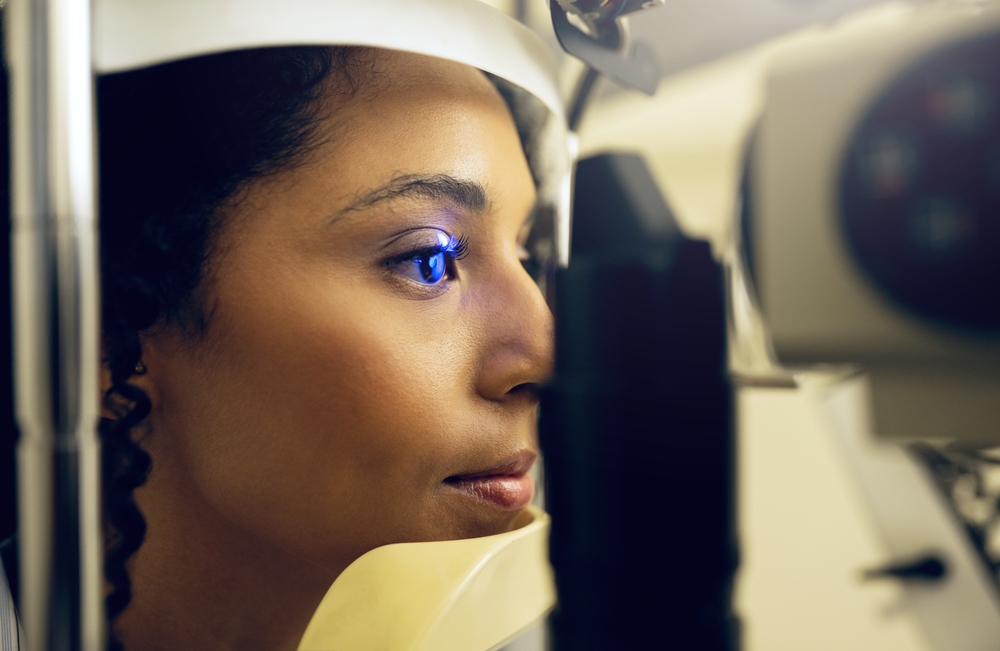
Diabetes is a chronic condition that affects millions of people worldwide, and its impact goes beyond blood sugar levels. One of the most serious complications of diabetes is its effect on eye health, potentially leading to vision loss if left unmanaged. Regular diabetic eye exams are crucial in detecting and preventing diabetes-related eye diseases, ensuring long-term vision health.
How Diabetes Affects Eye Health
Diabetes can lead to several eye conditions, including:
• Diabetic Retinopathy – High blood sugar levels can damage the small blood vessels in the retina, causing swelling, leakage, or abnormal new blood vessel growth, which can lead to vision loss.
• Diabetic Macular Edema (DME) – A complication of diabetic retinopathy that causes fluid buildup in the macula, leading to blurred vision.
• Glaucoma – Diabetes doubles the risk of developing glaucoma, which increases pressure inside the eye and can damage the optic nerve.
• Cataracts – People with diabetes are at a higher risk of developing cataracts at an earlier age, leading to clouded vision.
Why Regular Eye Exams Are Essential
Early detection is key in preventing vision loss from diabetes-related eye conditions. Many of these conditions develop gradually and may not present symptoms until significant damage has occurred. Regular comprehensive eye exams allow for early diagnosis and treatment, significantly reducing the risk of severe complications.
What to Expect During a Diabetic Eye Exam
A diabetic eye exam involves several tests to assess eye health and detect early signs of damage:
• Dilated Eye Exam – Special eye drops widen the pupils, allowing the eye doctor to examine the retina and optic nerve for signs of disease.
• Optical Coherence Tomography (OCT) – This imaging test provides a detailed view of the retina to detect swelling or fluid buildup.
• Fundus Photography – A specialized camera captures detailed images of the back of the eye to monitor changes over time.
• Tonometry – Measures eye pressure to check for glaucoma.
How Often Should You Have a Diabetic Eye Exam?
The American Diabetes Association (ADA) recommends that individuals with diabetes have a comprehensive eye exam at least once a year. However, if you have already developed diabetic retinopathy or other complications, your eye doctor may recommend more frequent visits.
Schedule Your Diabetic Eye Exam Today
Regular diabetic eye exams are essential for protecting your vision and preventing severe complications. Many diabetes-related eye diseases develop silently, making routine check-ups a vital part of diabetes management. By staying proactive, you can reduce the risk of vision loss and maintain healthy eyesight for years to come.
At 20/20 EyeVenue, we specialize in comprehensive diabetic eye care, using advanced technology to detect early signs of eye disease. If you have diabetes, visit our office in Westminster or Strasburg, Colorado, or call (720) 740-0400 to schedule your diabetic eye exam today.





